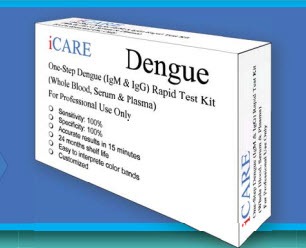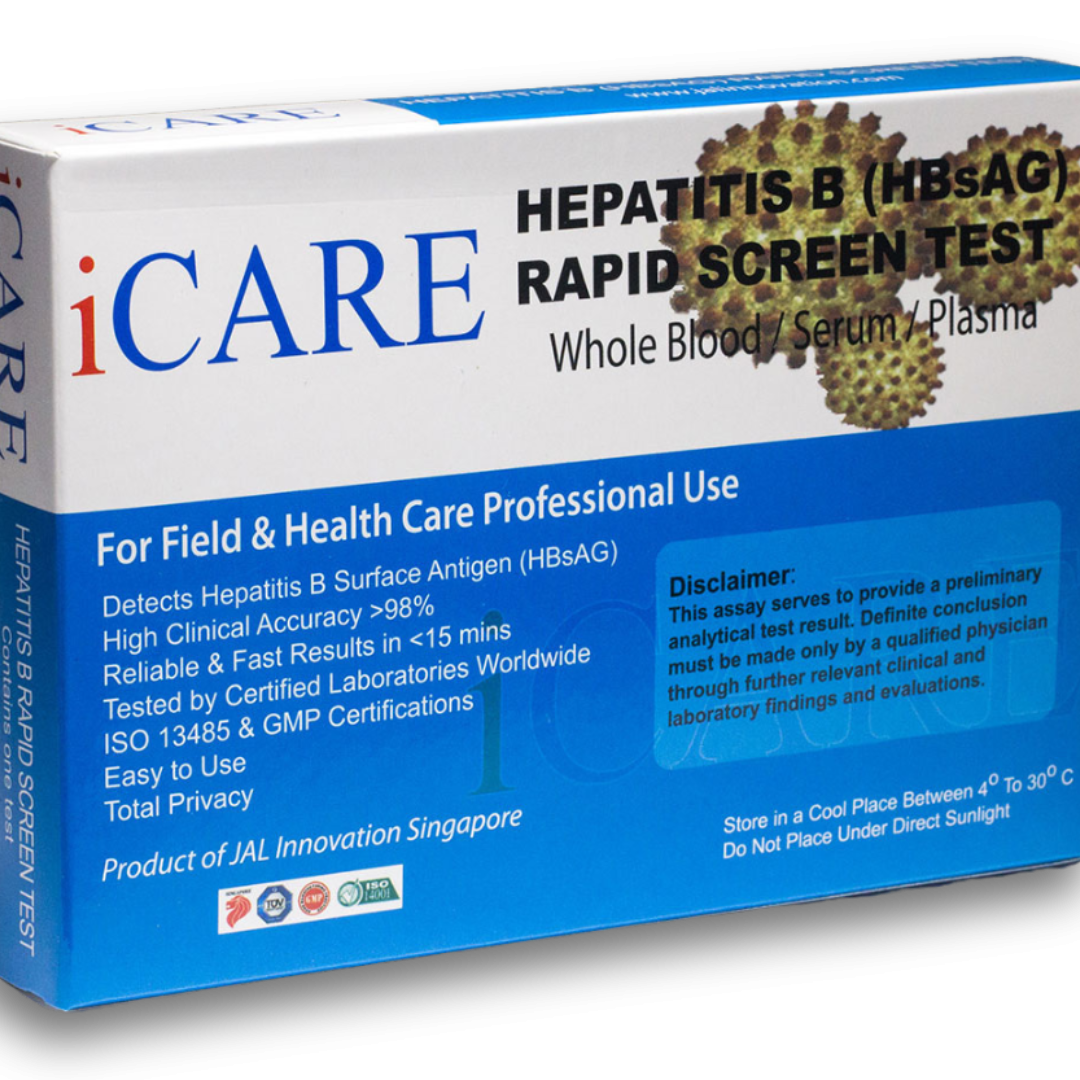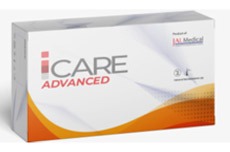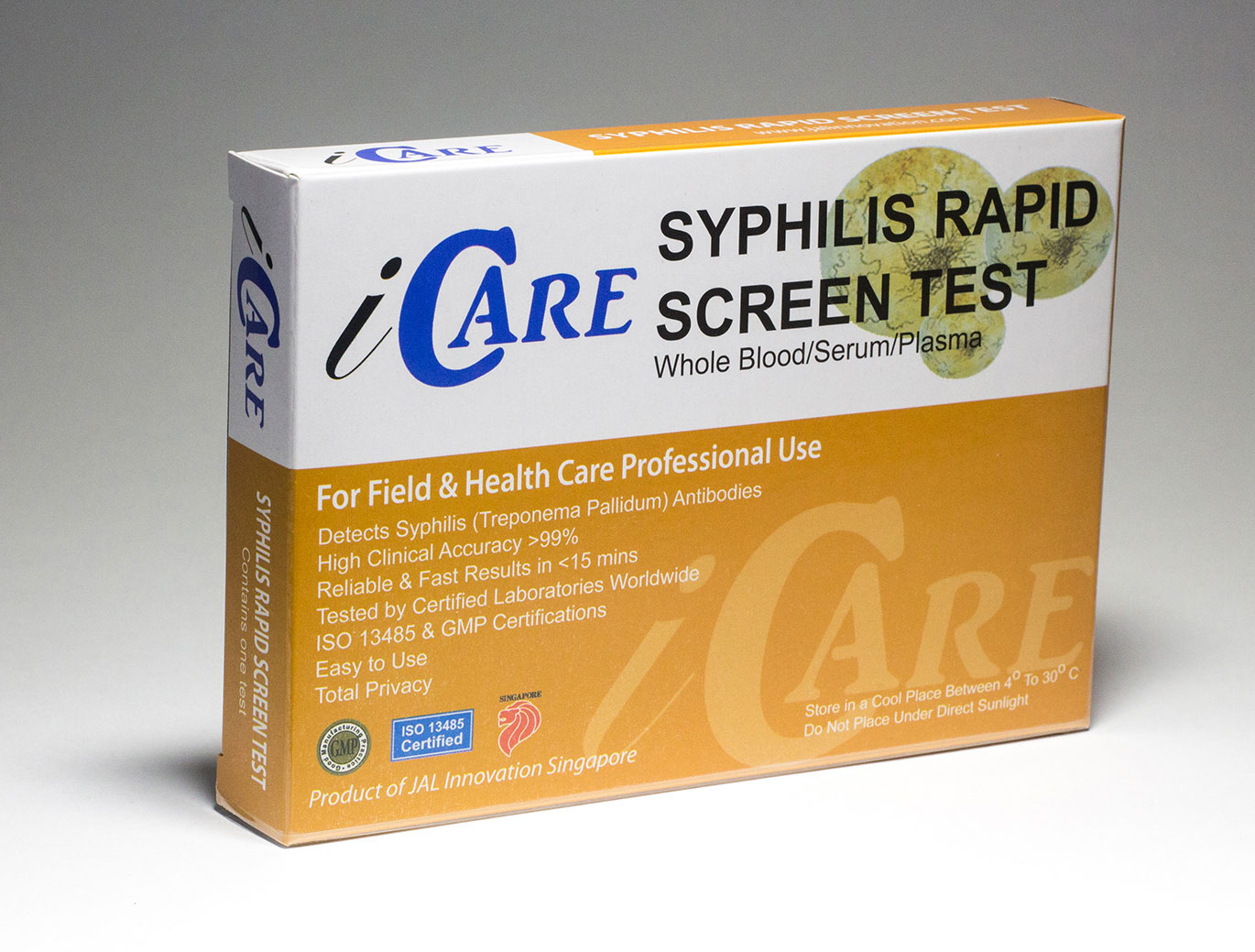Table of Contents
The Dominican Republic faces unique public health challenges, especially concerning infectious diseases and reproductive health. High rates of dengue fever and hepatitis, coupled with the need for robust reproductive health services, have led the country to prioritize rapid diagnostic testing. In cities across the nation, from Santo Domingo to Santiago, essential rapid test kits for infectious diseases like dengue, hepatitis B and C, and COVID-19, as well as reproductive health tests such as HCG pregnancy tests and HPV antigen tests, play a vital role in early detection and prevention. This article discusses the importance of comprehensive rapid testing across the Dominican Republic, highlighting the impact on public health and women’s health initiatives in urban and rural areas.
Public Health Priorities in the Dominican Republic
With a tropical climate, the Dominican Republic is susceptible to mosquito-borne illnesses, including dengue fever, which has a high transmission rate in densely populated areas. Urban centers like Santo Domingo and Santiago experience heightened health risks, where crowded living conditions contribute to disease spread. In addition, hepatitis B and C remain prevalent, often leading to long-term health issues if left undetected. Rapid testing for these infections allows the health system to intervene promptly, thereby reducing the risk of complications and community transmission.
Reproductive health is another significant concern, as women in the Dominican Republic benefit from access to reliable pregnancy testing and screening for conditions like cervical cancer. Essential reproductive health test kits provide a lifeline, especially for underserved communities where access to healthcare facilities may be limited. The availability of these rapid test kits ensures women receive timely care, helping to mitigate risks and support overall well-being.
Dengue Rapid Test: Fighting a Persistent Threat
Dengue fever is endemic to the Dominican Republic, with cases peaking during the rainy season. The virus, spread by mosquitoes, presents a substantial public health challenge that affects all major cities, including Santo Domingo, Santiago, and Puerto Plata. Dengue rapid test kits play an invaluable role in managing outbreaks, allowing healthcare providers to diagnose cases early and provide immediate care.
Rapid testing for dengue allows for swift intervention, reducing the risk of severe complications such as dengue hemorrhagic fever. By identifying cases quickly, public health officials can track outbreaks and implement mosquito control measures to curb the virus’s spread. In rural areas like La Vega and Barahona, rapid test kits bring diagnostics closer to patients, addressing a key gap in healthcare infrastructure and allowing for more localized disease management.

Hepatitis B and C Rapid Test: Preventing Long-Term Liver Damage
Hepatitis B and C, viral infections that can lead to chronic liver disease, are pressing health concerns in the Dominican Republic. Hepatitis B is often transmitted from mother to child or through unsafe practices, while hepatitis C is typically spread through blood exposure. Early detection through hepatitis B and C rapid tests is crucial, as both forms of hepatitis can cause serious liver damage if untreated.
Rapid test kits for hepatitis B and C are especially valuable in high-density cities like Santo Domingo and Santiago, where health facilities experience a large patient load. These kits provide quick, accurate results, helping healthcare providers initiate treatment early and reduce the risk of transmission. In smaller cities, including San Pedro de Macorís and La Romana, access to rapid testing enables residents to monitor their health without needing extensive lab services, making diagnostics more accessible and efficient.

HCG Pregnancy Test Kit: Empowering Women with Early Pregnancy Detection
Reproductive health is a central aspect of public health in the Dominican Republic, and pregnancy monitoring is crucial for ensuring maternal and infant well-being. The HCG pregnancy test kit allows women to confirm pregnancy early, facilitating timely access to prenatal care that supports healthy pregnancy outcomes. Early detection is particularly important in cities with limited healthcare facilities, as it allows women to seek medical support sooner, reducing the risk of complications.
In Santo Domingo and Santiago, where there is a high demand for reproductive health services, HCG pregnancy test kits are widely used in clinics and community health centers. For women in more remote areas, such as Monte Cristi and Pedernales, these kits provide a reliable, at-home option for pregnancy testing. By empowering women to take proactive steps in managing their reproductive health, these test kits improve maternal health outcomes and reduce risks associated with delayed prenatal care.

HPV Antigen Test: A Preventative Measure Against Cervical Cancer
Human Papillomavirus (HPV) is a leading cause of cervical cancer, a significant health risk for women in the Dominican Republic. The HPV antigen test is a critical tool for detecting high-risk strains of HPV that can lead to cancer development. By providing early diagnosis, HPV tests enable healthcare providers to identify at-risk individuals and initiate preventive care, which can include more frequent screenings or vaccinations.
In cities like Santo Domingo and Santiago, HPV antigen tests are used in preventive healthcare programs that target cervical cancer reduction. Rural areas, such as El Seibo and Azua, benefit from increased access to these tests, as they allow women to receive vital screenings without needing to travel to larger urban centers. This decentralization of HPV testing contributes to a more equitable healthcare landscape, ensuring that women across the Dominican Republic have the resources to monitor and protect their reproductive health.
COVID-19 Test Kits: Sustaining Public Health Safety Amid a Global Pandemic
The COVID-19 pandemic underscored the importance of accessible diagnostic testing in maintaining public health safety. For the Dominican Republic, where tourism plays a significant economic role, rapid COVID-19 test kits were essential in controlling virus spread, especially in busy cities like Santo Domingo and Punta Cana, which receive high volumes of international visitors.
COVID-19 rapid test kits continue to play a role in the country’s health monitoring strategies, allowing health workers to identify and isolate cases quickly. In tourist hubs like Punta Cana, where the risk of virus transmission is heightened due to international traffic, rapid testing serves as a critical line of defense. Beyond urban centers, COVID-19 test kits have been distributed in rural communities, ensuring that the entire population can access testing, thereby protecting public health throughout the nation.

Syphilis-TP Rapid Test: Addressing Maternal Health and STI Concerns
Syphilis is a preventable but serious sexually transmitted infection (STI) that poses significant risks if left untreated, particularly for pregnant women. The Syphilis-TP rapid test allows for quick diagnosis, facilitating early treatment that can prevent complications such as congenital syphilis, which can have severe effects on newborns. Rapid testing for syphilis is therefore essential for reproductive health initiatives in the Dominican Republic.
In cities like Santiago and Santo Domingo, Syphilis-TP rapid tests are available at maternal health clinics, supporting safe pregnancies and reducing STI transmission rates. For women in smaller cities and rural areas, such as Bonao and Hato Mayor, these test kits provide an accessible solution for managing reproductive health risks. By expanding access to syphilis testing, the Dominican Republic strengthens its public health infrastructure and safeguards maternal and infant health across the country.

Integrating Rapid Test Kits into Healthcare Across the Dominican Republic
Rapid test kits have become an integral component of the Dominican Republic’s healthcare approach, offering convenient and accurate diagnostic tools that are particularly beneficial in resource-limited areas. By decentralizing diagnostics, the health system ensures that cities and towns of all sizes, from bustling Santo Domingo to smaller communities like San Juan de la Maguana, can access essential health services without needing to travel far for testing.
Community health centers across the country use rapid test kits to enhance screening programs, empowering individuals to monitor their health and seek timely care. The widespread use of these kits has improved early detection rates, leading to faster treatments and better health outcomes. In turn, this proactive approach to health monitoring supports the nation’s overarching public health goals of disease prevention and equitable healthcare access.
Promoting Health Education Through Rapid Testing
Beyond diagnostics, rapid test kits also play a role in health education, raising awareness about infectious diseases and reproductive health. For example, testing programs that include HPV, syphilis, and hepatitis B and C promote public awareness of these infections, reducing stigma and encouraging routine screenings. Public health campaigns, particularly in urban centers, emphasize the importance of preventive care, empowering people to take control of their health.
In rural areas, health outreach initiatives ensure that residents understand how and why to use rapid test kits, thereby encouraging responsible health management and disease prevention. This widespread health education fosters a culture of proactive health care, where regular testing becomes a normalized practice and individuals are better equipped to make informed decisions about their health.
The Impact of Rapid Test Kits on Public Health
Rapid test kits support the Dominican Republic’s health system by increasing diagnostic accessibility and enabling early intervention. For women’s health, they provide critical tools for pregnancy monitoring and cervical cancer prevention, while for infectious disease control, they are essential in detecting and managing diseases like dengue, hepatitis, and COVID-19. The ease of use and accuracy of these kits make them a valuable asset for health providers, enhancing the country’s ability to respond to public health threats promptly.
By integrating rapid testing into healthcare practices, the Dominican Republic builds a more resilient and responsive health system that benefits people across all cities, from densely populated urban centers to remote communities. This investment in rapid diagnostics will continue to support public health goals, enabling the country to mitigate disease impacts and promote a healthier future for all Dominicans.
Conclusion: A Path Forward for Health Security
The Dominican Republic’s commitment to strengthening health monitoring through essential rapid test kits reflects a comprehensive approach to public health and reproductive health priorities. By providing cities nationwide with access to dengue, hepatitis, pregnancy, and other rapid tests, the country enhances its ability to manage health risks proactively. As the healthcare system continues to evolve, the ongoing use of rapid test kits will play a pivotal role in maintaining public health safety and supporting the well-being of communities across the Dominican Republic.

